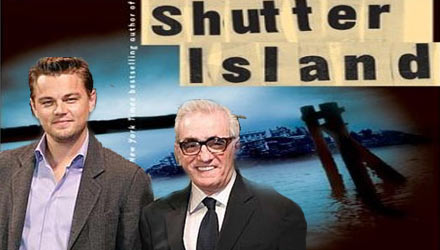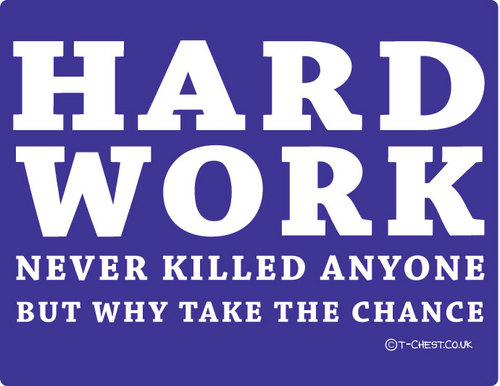Psychological thrillers of the first magnitude have been few and far between in recent years. Oh yes, there has been the occasional Beautiful Minds kind of film that messes with you, but since the era of Hitchcock and Bergman there really hasn’t been much to write home about—- until now. Let it first be said that Martin Scorcese is a masterful craftsman of film. I have not always liked his movies, they always tend to be dark and stark and often violent, but they are fantastically well made and beautifully shot. I wonder what would have happened if he had been asked to make the next Iron Man movie— that would have been a head trip.
Speaking of head trips, Shutter Island is just such a movie, full of A list actors (Max Von Sydow, the oft cast menacing Nazi, in this case ex-Nazi psychologist, Ben Kingsley, reprising his role as Ghandi, only this time as the Ghandi of psychological medicine— let’s find a peaceful way to deal with the criminally insane, and of course Leonardo de Caprio, who is building up quite the body of work, and Michelle Williams is lovely as usual). The question in this movie is not whether Leonardo’s heart will go on, but whether his mind will.
Perhaps you remember the classic lines from MacBeth— “who can minister to a mind diseased, who can pluck out a rooted sorrow…”. It is a good question, and indeed it is one we are left to ponder for 2 hours and 18 minutes in this film. Set supposedly on an island out of Boston Harbor (really more like Alcatraz), the story line seems beguilingly simple…. if you are not paying attention to the little clues dropped along the way. Prison inmate, has impossibly escaped. Two federal marshalls sent to investigate. Staff and doctors truculant and not very co-operative. What’s an investigator to do— talk to the mad? But how much stock can you put in reports from the insane?
Of course in 1954,,,, which is when this movie is set, psycho-therapy and psycho-tropic drugs are in their infancy. The words shock therapy and frontal lobotomies are still in the vocabulary. And then there is WWII and its aftermath of people who are damaged goods. This film like Beautiful Minds raises profound questions not only about what it means to be human, but also about what it means to be humane to the criminally insane. It also raises the even darker question— if the world has gone mad, are those who have gone with it, the only normal people? And what does it say about a person that they can remain sane when everything about them has gone bonkers? Scorcese likes to play with his audience, tease them, lead them down dark alleys, bend their perceptions of reality, and honestly I don’t think he has ever done it better than in this film. So successfully does he manipulate the viewer in this film that you don’t even know you’ve been had, until its much too late.
You will notice I have studiously avoided talking much about the story line as I don’t want to spoil it for you. You should see this film if you like mystery, suspense, and the old Hitchcock films even a little bit. This film is bound to get some Oscar nominations next time around. The characters are well developed. The story line is crisp, no filler. The setting is perfect for the subject matter, and the filming is impeccable. And it raises more questions than it answers. For now I will leave you with this thought—
In the middle of the film, after a hurricane like storm has devastated Shutter Island, and the Dicaprio character has been retrieved, rescued really, by one of the officers on staff, the office gives a little speech on how God loves violence, as witnessed by the hurricane. It is a powerful soliloquy, meant to raise disturbing questions, especially apt right after what happened on Haiti. Are we created in the image of a violent God, and as Flannery O’ Conner once said ‘do the violent bear it away’? At the end of the day this film is not just a psychological thriller, its a theological one… and it raises one final question. Is it really true that you can tell the character of a society by how they treat the least, the last, and the lost among them?


